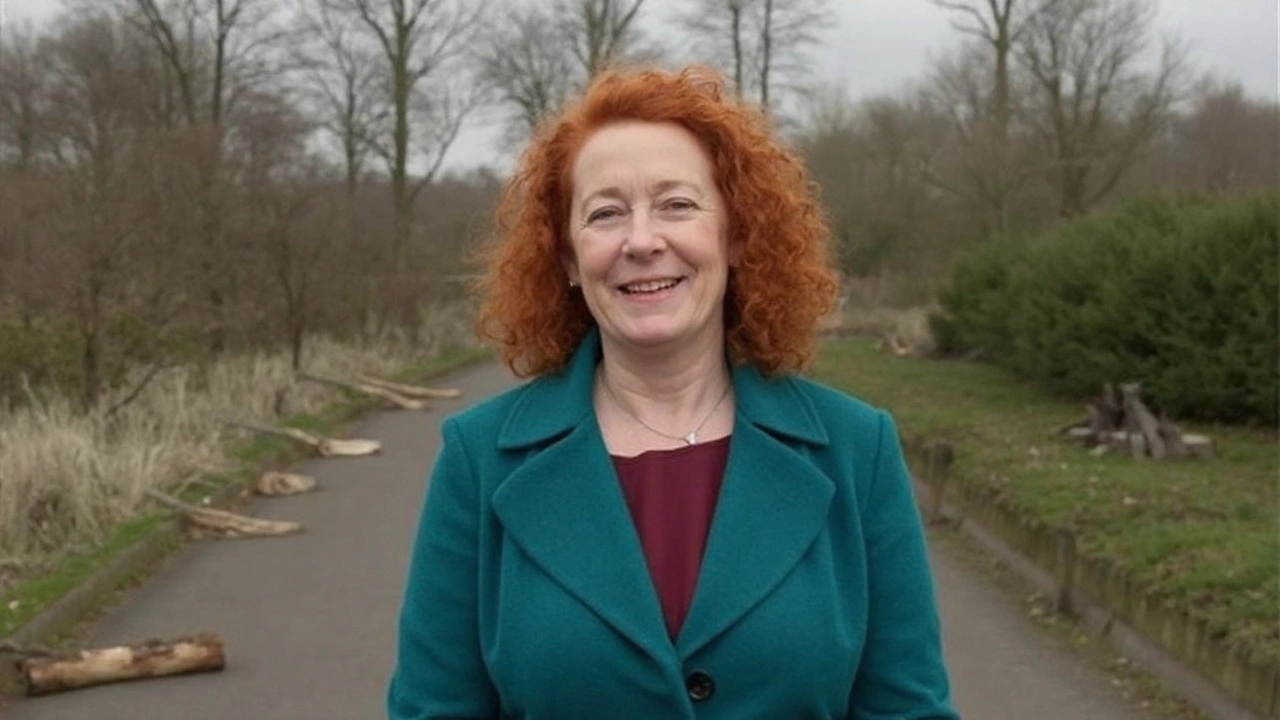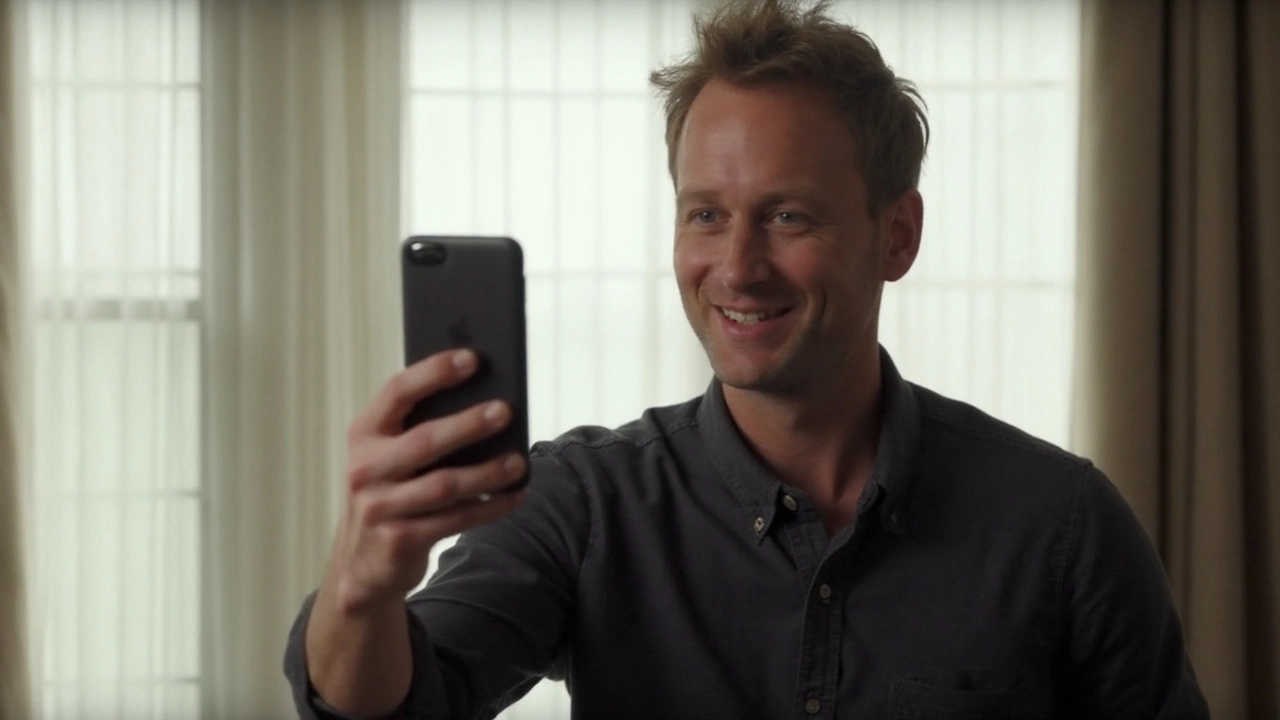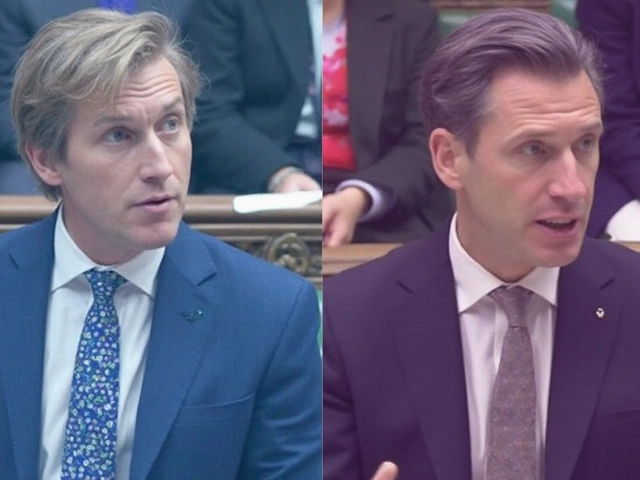Conservative MP suspended amid misconduct probe
The Conservative Party has suspended the whip from David Warburton, the MP for Somerton and Frome, while an investigation looks into allegations of sexual harassment and the use of class A drugs. The case has been referred to Parliament’s Independent Complaints and Grievance Scheme (ICGS), which handles bullying, harassment, and sexual misconduct complaints linked to Westminster. Warburton, 56, will continue to serve in the House of Commons as an independent MP until the process concludes.
Suspension of the party whip does not remove an MP from office. It means Warburton is no longer part of the Conservative parliamentary group and will not represent the party in the Commons while the matter is examined. He can still vote and speak in Parliament, run his constituency casework, and attend local engagements. A suspension from the party is a disciplinary step, not a judgment on the allegations; the outcome depends on the ICGS process and any parliamentary decisions that may follow.
Party officials framed the move as standard procedure for serious allegations. In recent years, both major parties have acted quickly to remove the whip in comparable cases while formal investigations are carried out. The aim is to separate party politics from the independent handling of complaints and to show the system is allowed to work without pressure.
The claims include alleged sexual harassment and the use of class A drugs, the highest category under UK law. Class A covers substances such as cocaine and MDMA and carries the most serious penalties for possession and supply. Allegations of this kind can be examined under more than one set of rules: criminal law, the parliamentary Code of Conduct, and internal party standards. At this stage, the ICGS is the route being used to assess conduct related to Parliament and its people.

How the ICGS works, and what happens next
The ICGS was created in 2018 after a series of reports on bullying and harassment in Westminster. It is designed to be independent of political parties and provides a confidential route for current and former parliamentary staff, members, and others working on the estate to raise complaints. Cases go through a triage stage, and if they meet the threshold, trained investigators are appointed to gather evidence. Both the complainant and the respondent can submit statements, documents, and witnesses.
Once the investigation is complete, findings can be considered by an independent panel. If a breach of conduct is upheld, sanctions range from mandated training and formal apologies to suspension from the House. Any Commons suspension of 10 sitting days or more can trigger the Recall of MPs Act, which allows voters in the constituency to sign a recall petition. If the petition reaches the legal threshold, a by-election follows. Until then, the MP remains in post.
In Warburton’s case, the Conservative Party’s action is limited to its own whip and membership status. The party can decide to restore or permanently remove the whip based on the investigation’s outcome and any recommendations from parliamentary authorities. For constituents, the key point is that their MP continues to represent them during the process, although not under the Conservative banner.
Cases like this typically remain confidential while inquiries are ongoing. That is deliberate: it protects complainants, encourages witnesses to come forward, and guards against prejudging the outcome. Public updates usually come only at key milestones—when the whip is suspended or restored, when findings are published, or if the House is asked to approve a sanction.
Warburton has represented the Somerset seat of Somerton and Frome since 2015. Before politics, he founded, ran, and chaired Pitch Entertainment Group. His early career was in music: he studied at Reading School and the Royal College of Music on the Octavia Scholarship, earned an M.Mus. at King’s College London, and pursued further research as a Ralph Vaughan Williams Trust Scholar under Sir Harrison Birtwistle. He also spent five years teaching music at Hurlingham and Chelsea Secondary School before entering public life.
Why does this matter beyond one MP’s future? Because it speaks to how Westminster handles power, accountability, and workplace culture. The ICGS was built to change old habits—moving complaints away from party whips’ offices and towards independent investigators. That shift is meant to reassure staff that their concerns won’t be buried and to signal that standards apply to everyone, whether they are a backbencher or a minister.
There is also the politics. Removing the whip narrows the governing party’s numbers on paper, even if only slightly. It doesn’t trigger a by-election and doesn’t bar an MP from voting with their former party, but it does underline the cost of each case to the party’s image and discipline. Parties know that how they respond—swiftly, transparently, and at arm’s length from the investigation—now shapes public trust as much as the eventual verdict.
For residents in Somerton and Frome, the day-to-day impact is practical: constituency work should continue; casework offices should remain open; and the MP remains their point of contact. What may change is party branding at local events and, depending on the investigation’s result, who represents the seat at the next general election.
What to watch for now:
- Scope of the investigation: the ICGS will define which allegations meet its threshold and in what settings they are said to have taken place.
- Interim measures: in some cases, Parliament can agree proportionate steps—such as restrictions on access—to safeguard staff while the case proceeds.
- Evidence phase: both sides submit statements and any records; witnesses may be interviewed.
- Findings and sanctions: if a breach is found, penalties range from training to suspension. A sanction of 10 sitting days or more can set off the recall process.
- Party decision: the Conservatives will decide whether to restore or permanently withdraw the whip once the independent process is complete.
Allegations are allegations—they are not findings. The system is built to resist trial by headline and to test claims against evidence. That is the point of sending cases like this to an independent route, and it is why the party has stepped back while the ICGS does its work.





